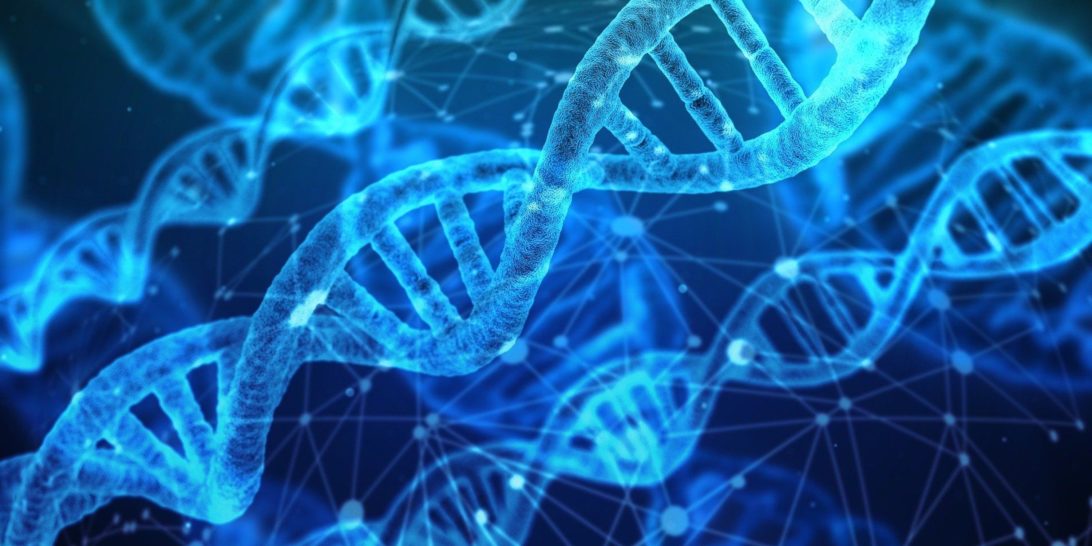
We specialize in the field of Bioinformatics, where we carry out studies to understand gene expression in patients with various pathologies. We use advanced techniques, such as microarray analysis and RNA-seq, to investigate and analyze genetic profiles and gene activity in biological samples. Likewise, studies are performed at chromosomal level by means of CGH (Comparative Genomic Hybridization) arrays.
In addition, we apply machine vision to automate the counting of cells in samples, which allows us to obtain accurate and efficient results. This combination of techniques allows us to obtain valuable information about the molecular mechanisms underlying different diseases and to bring significant advances to the field of medicine and biomedical research.
Bioinformatics, Gene expression, Analysis, Gene profiling, Gene activity, Biological samples, Machine vision, Cell counting, Molecular mechanisms, Disease diagnosis, Personalized therapies, Precision medicine, Biosensor manufacturing, Biomedical research, Biomarkers, Biomedical research
Our technology and services in Bioinformatics address diverse issues in the field of health and biology. We strive to provide professional and rigorous solutions that drive advances in the field of Bioinformatics and contribute to the well-being of people. Some of the areas in which we have had a significant impact include.
Diagnosis of diseases: the study of gene expression allows us to identify genetic patterns associated with diseases, which facilitates early and accurate diagnosis. This is especially relevant in complex diseases that are difficult to diagnose by traditional methods.
2. Development of personalized therapies: understanding patients’ genetic profiles allows us to design therapies and treatments that are more precise and tailored to individual characteristics. This opens the door to precision medicine, where we seek to maximize efficacy and minimize the side effects of treatments.
Improved biosensor manufacturing: in collaboration with industry, we automate production processes in the manufacture of biosensors and ancillary electronic materials. This not only reduces costs, but also helps to minimize false negatives in diagnostic tests, thus improving the quality and reliability of results. In this regard, there is a growing trend to invest in solutions that detect production failures in increasingly robotized biosensor manufacturing environments.
4. Biomedical research: our focus on the analysis of genomic and chromosomal data enables us to contribute to the advancement of biomedical research. We investigate the genetic basis of diseases, identify biomarkers, and perform genomic and chromosomal studies that provide crucial information to better understand human biology.
Demonstration of system or prototype in a real environment.